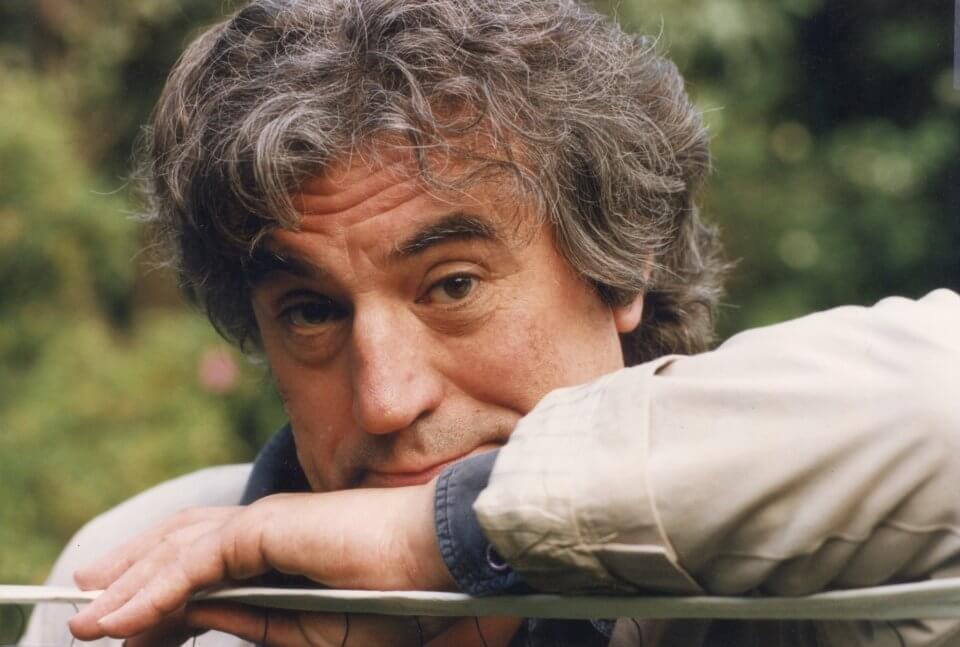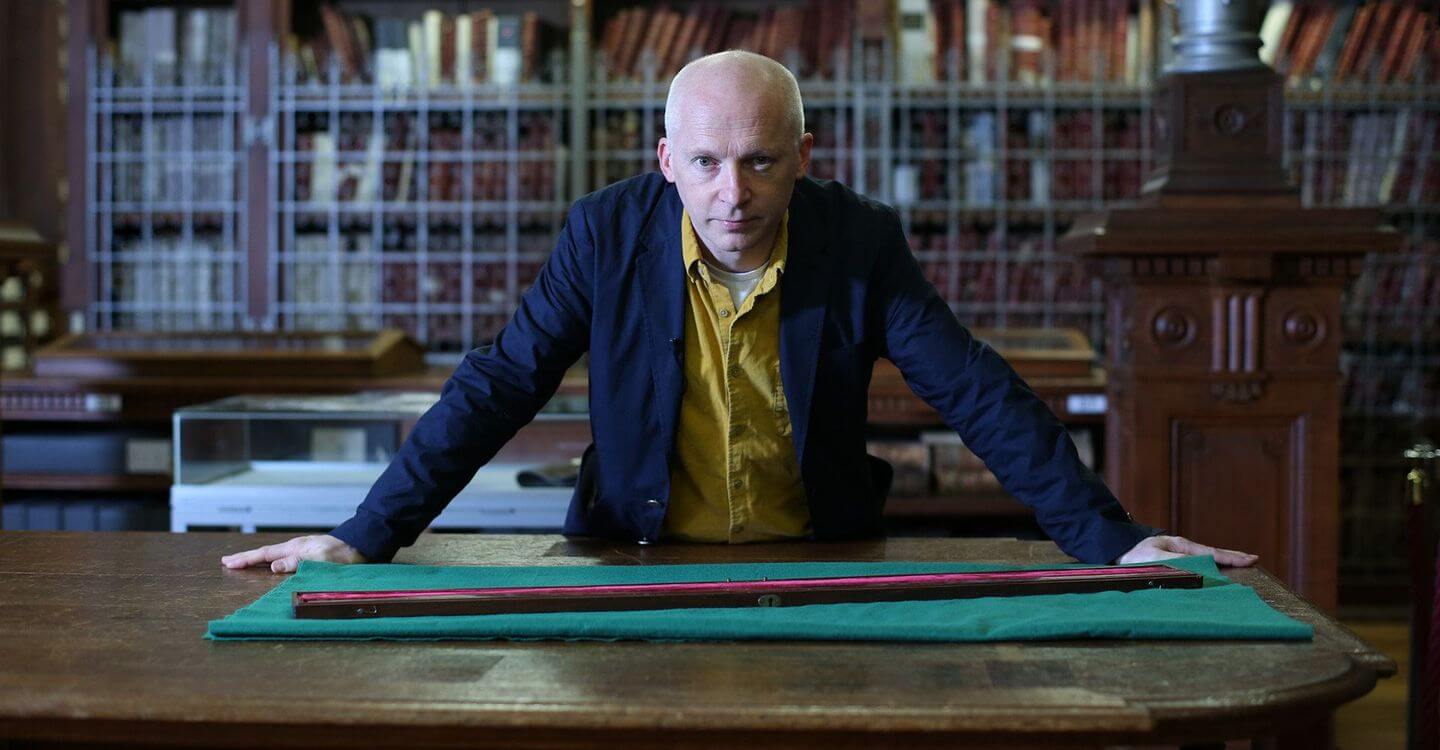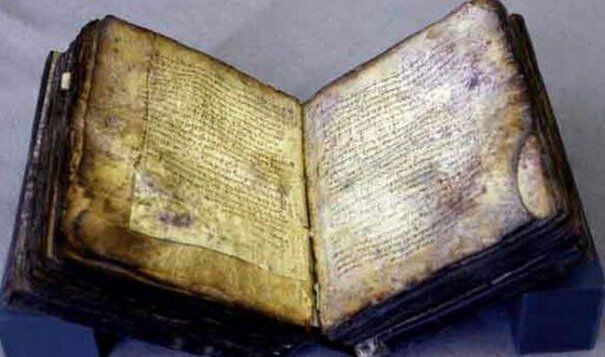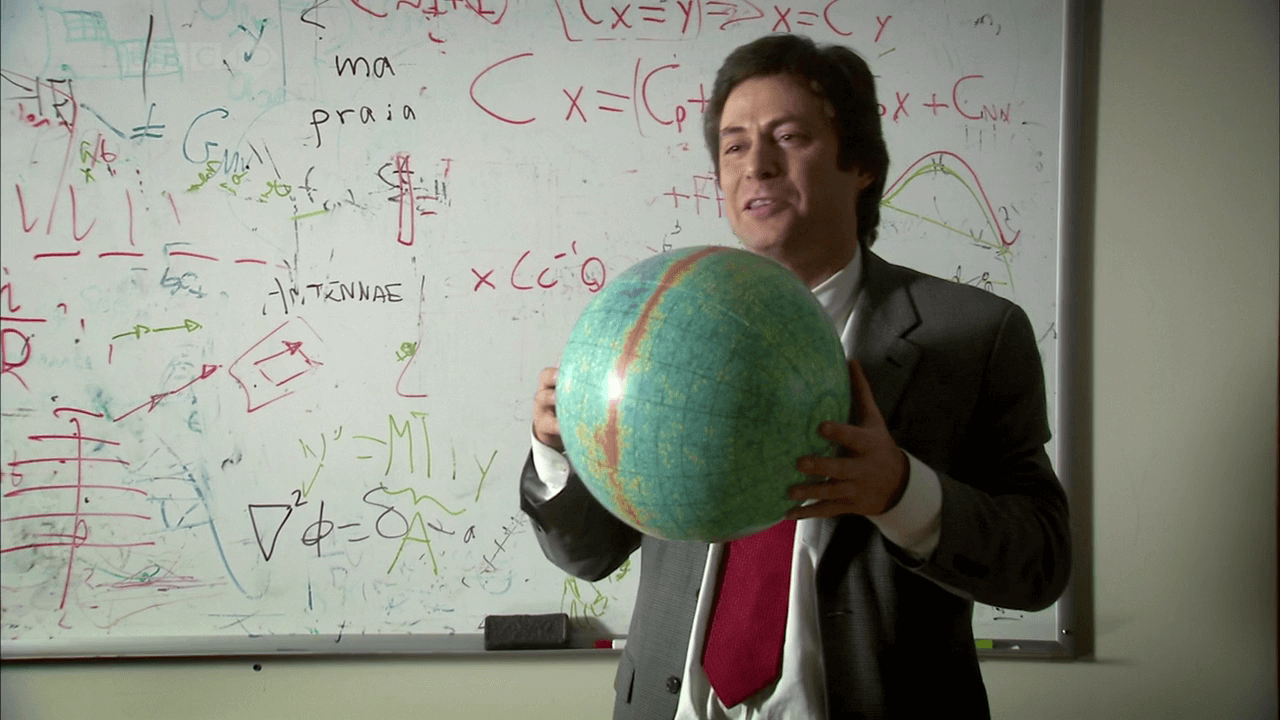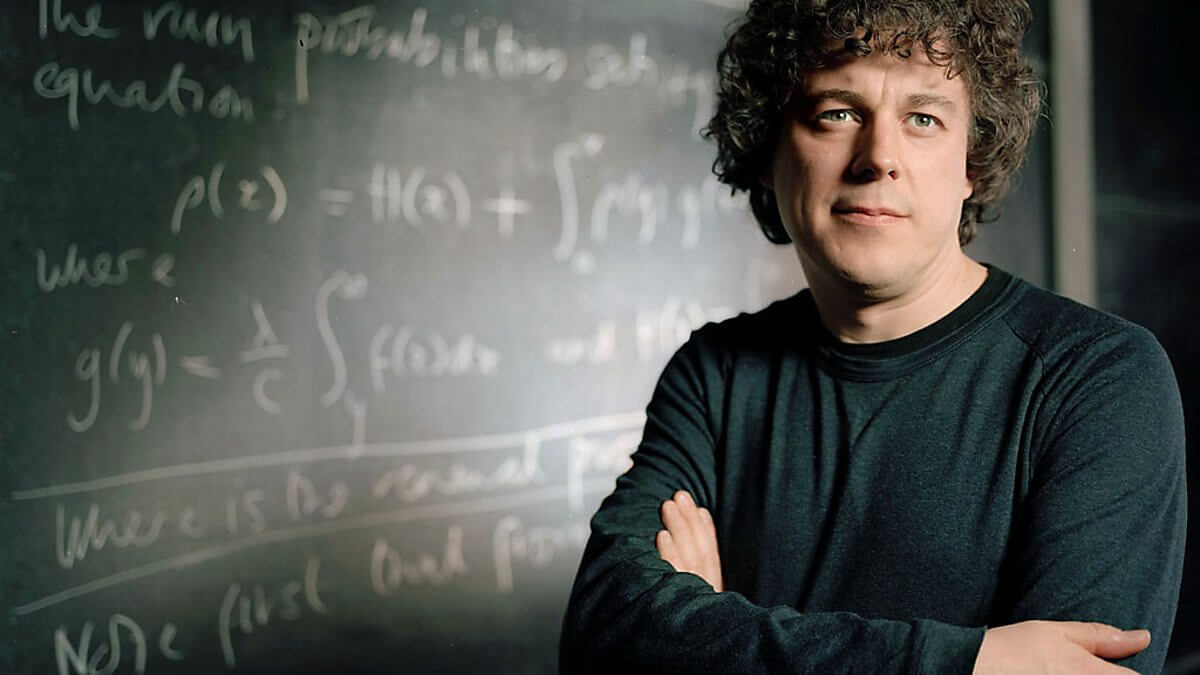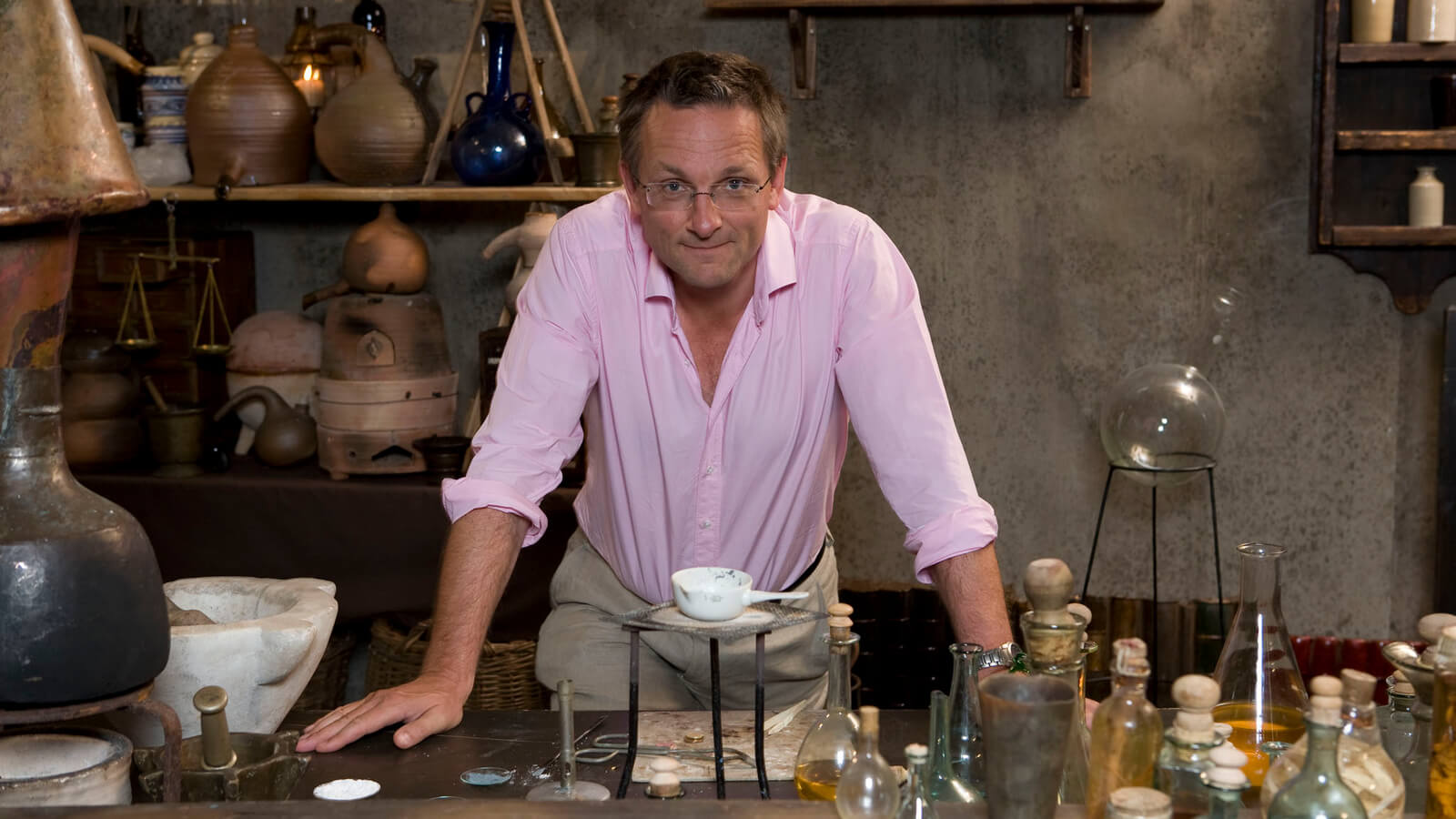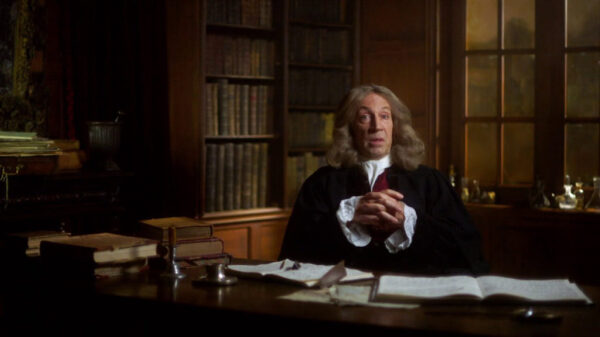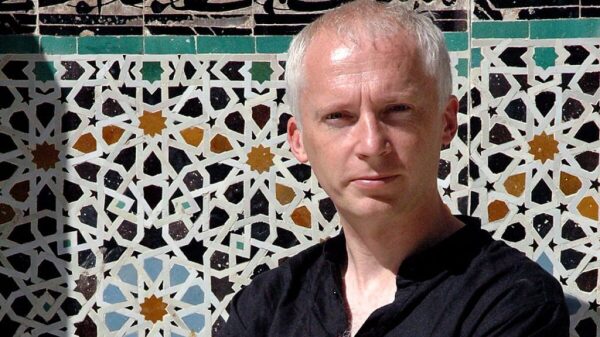Search
Items tagged with: mathsPhysics
Infinite Secrets of Archimedes
Favorite
YEAR: 2003 | LENGTH: 1 part (50 minutes) | SOURCE: BBC
description:
This is the story of a book that could have changed the history of the World. To the untrained eye, it is nothing more than a small and unassuming Byzantine prayer book, yet it sold at Christies for over $2m. For faintly visible beneath the prayers on its pages are other, unique, writings – words that have been lost for nearly two thousand years.
A turbulent history
The text is the only record of work by one of the world’s greatest minds – the ancient Greek, Archimedes – a mathematical genius centuries ahead of his time. Hidden for a millennium in a middle eastern library, it has been written over, broken up, painted on, cut up and re-glued. But in the nick of time scientists have saved the precious, fragile document, and for the first time it is revealing just how revolutionary Archimedes’ ideas were. If it had been available to scholars during the Renaissance, we might have reached the Moon over a hundred years ago.
Nearly destroyed
The trail begins in the tenth century, when a scribe made a unique copy of the most important mathematics that Archimedes ever developed. For 200 years the document survived, but the mathematics in it was so complex that no one paid it any attention. So when one day a monk was looking for some new parchment – an expensive commodity at the time – to write a new prayer book, the answer seemed obvious. He used the Archimedes manuscript. He washed the Greek text off the pages, cut them in half, rebound them, and turned the Archimedes manuscript into an everyday prayer book. As he piously wrote out his prayers, he had no idea of the genius he was obliterating.
Rediscovering Archimedes’ ideas
Several hundred years later, the Renaissance was under way. Scientists were beginning to grapple with new concepts, working out how mathematics could be used to explain the World around them. Little did they know that many of the problems they were just encountering Archimedes had already solved more than a thousand years before. So, tragically, they had to do that research all over again, setting back the development of science and technology immeasurably.
Then in 1906, in Constantinople, the document mysteriously turned up in a monastic library. An opportunistic scholar called Johan Ludwig Heiberg identified the text as Archimedes’ writings. Although the Greek text was very faint, Heiberg was able to decipher some of it. What he found astonished him, and made the front page of the New York Times. He revealed that Archimedes’ manuscript contained something called ‘The Method’, which showed not only Archimedes’ final proofs, but for the first time revealed the process of how he went about making his discoveries.
Lost again
But then disaster struck again. World War One broke out and in its aftermath the Archimedes manuscript disappeared.
Scholars had given up any hope of seeing the manuscript again, but in the 1960s odd rumours began to surface that it was to be found in Paris. It took 30 more years, but in 1991 an expert from Christies found it in the hands of a French family. When it reached auction, it was sold to an anonymous millionaire, who has now loaned it to the Walters Art Museum in Baltimore for conservation.
Decoding the manuscript
Although the text is incredibly difficult to read, with state-of-the-art imaging equipment, they are gradually piecing together all of the writing for the very first time. And as the team in Baltimore peel back the glue, leather and centuries of dirt, dissolve the blue-tack and unfold the lines of Greek that are buried in the spine of the book, they are building up a picture of a man who was thousands of years ahead of his time. Not only was Archimedes coming to terms with the profound subject of infinity, he had taken the first crucial steps towards calculus, a branch of mathematics that had to be reinvented after the Renaissance, and which is today used to describe every physical phenomenon from the movement of the planets to the construction of a skyscraper. Who knows what human minds could have achieved if they had only known what Archimedes already knew?
SIMILAR TITLES:
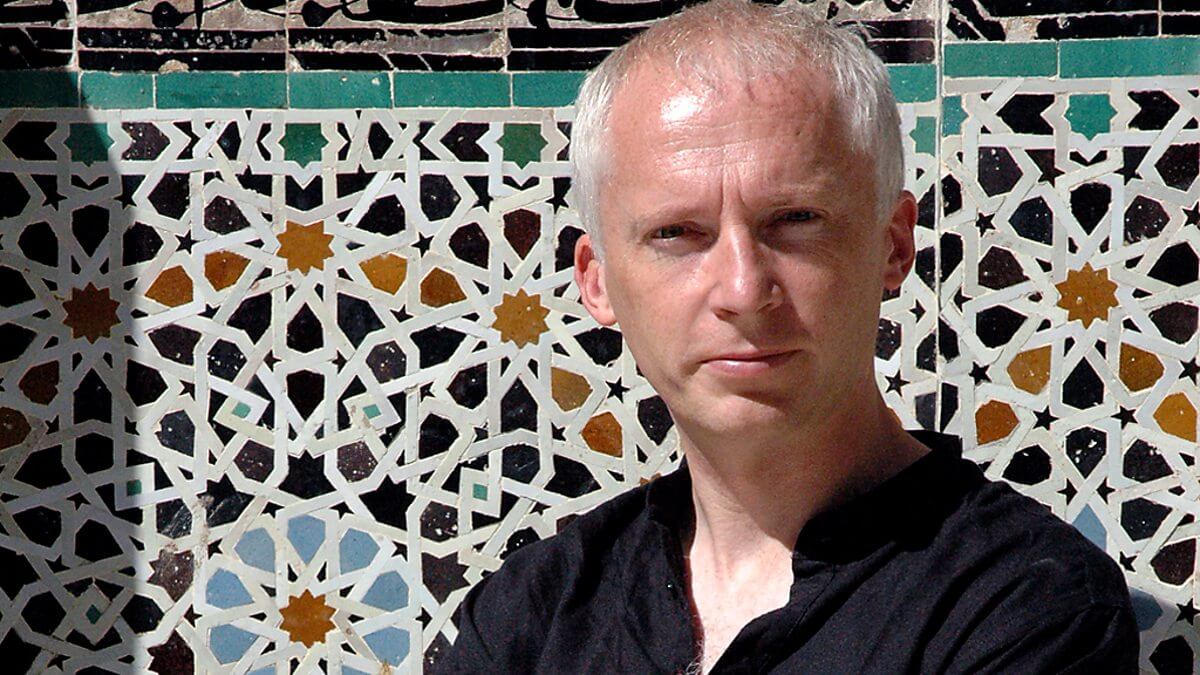
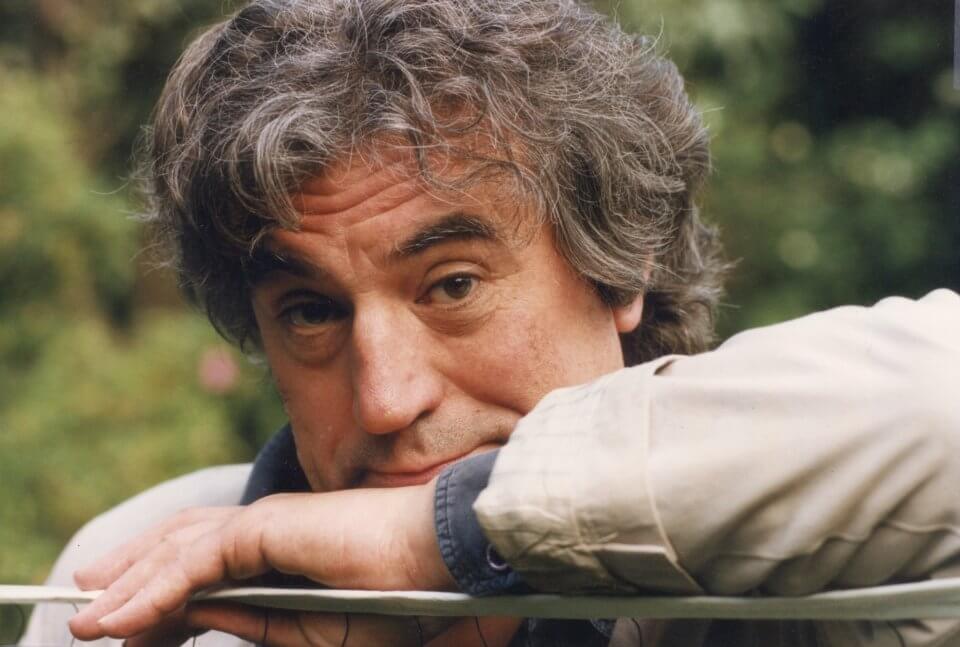
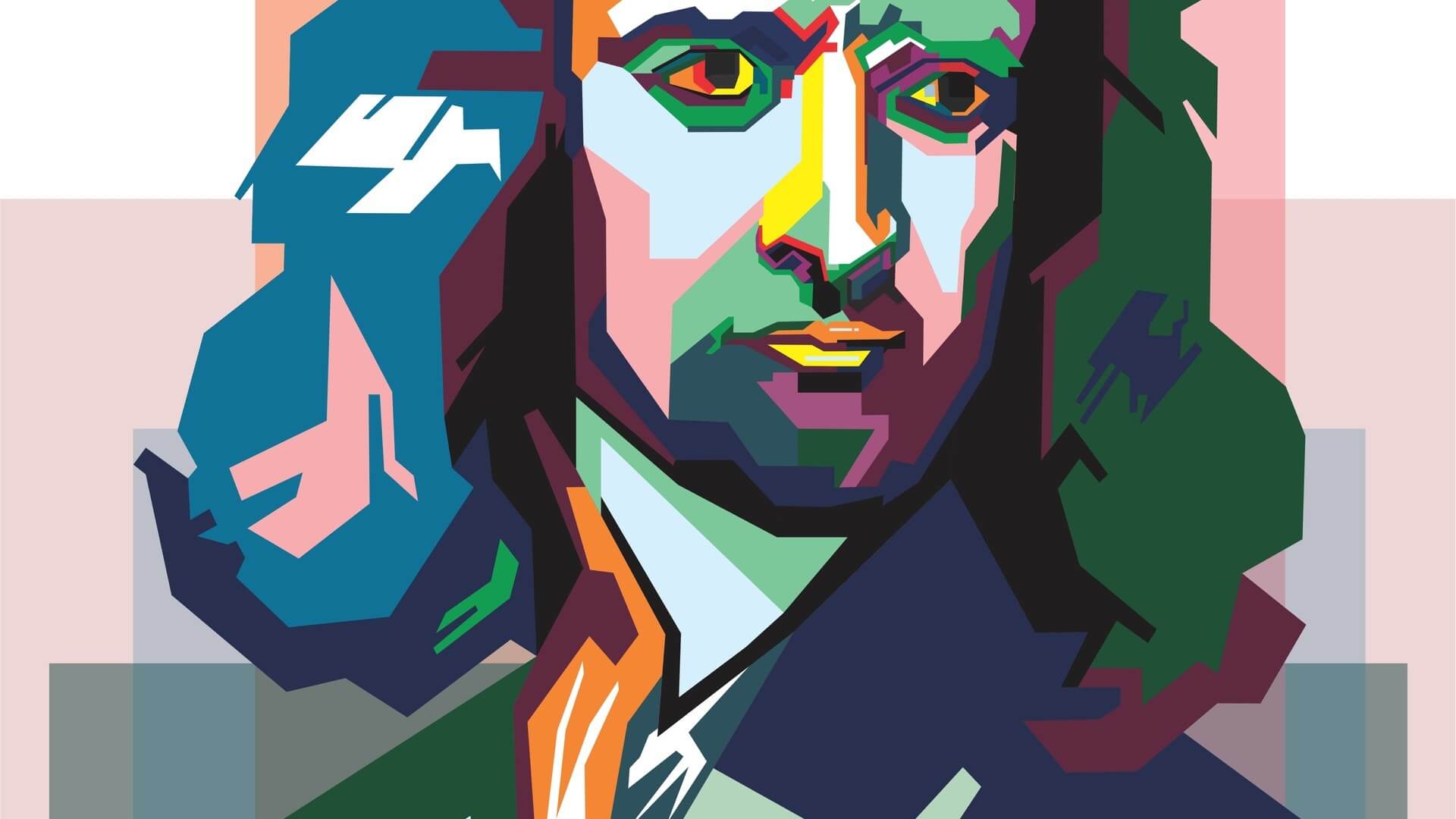
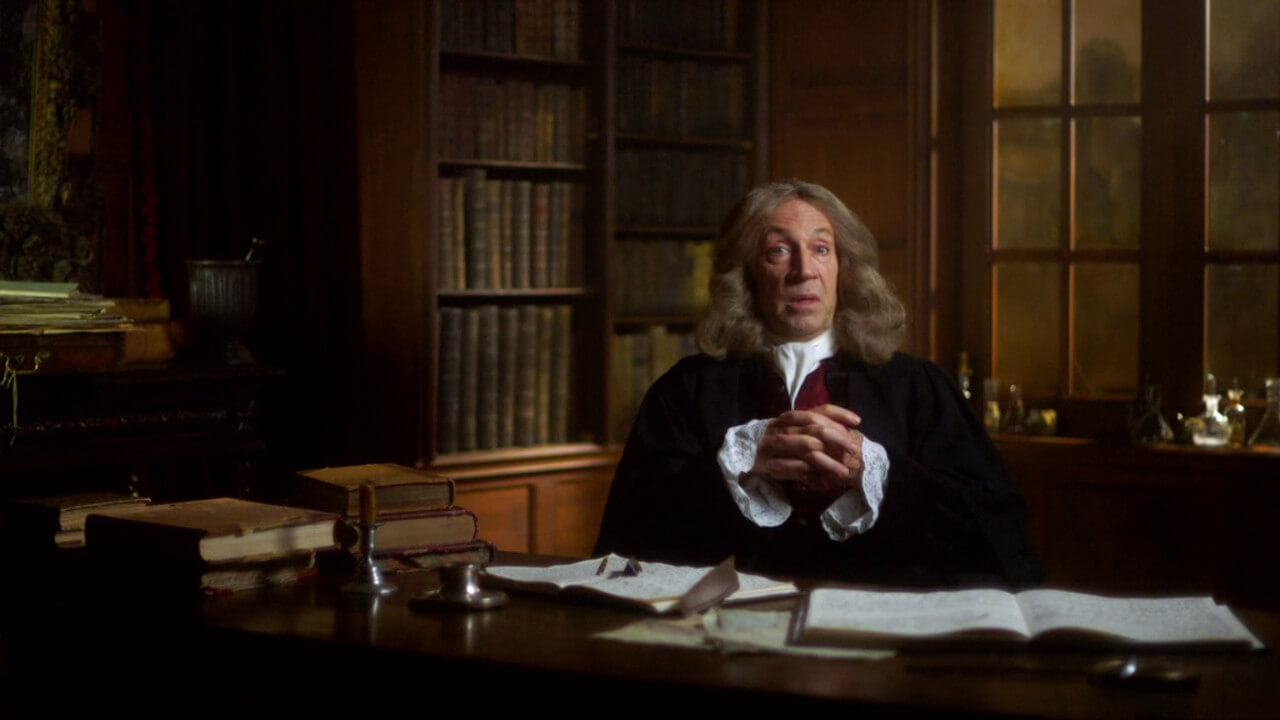
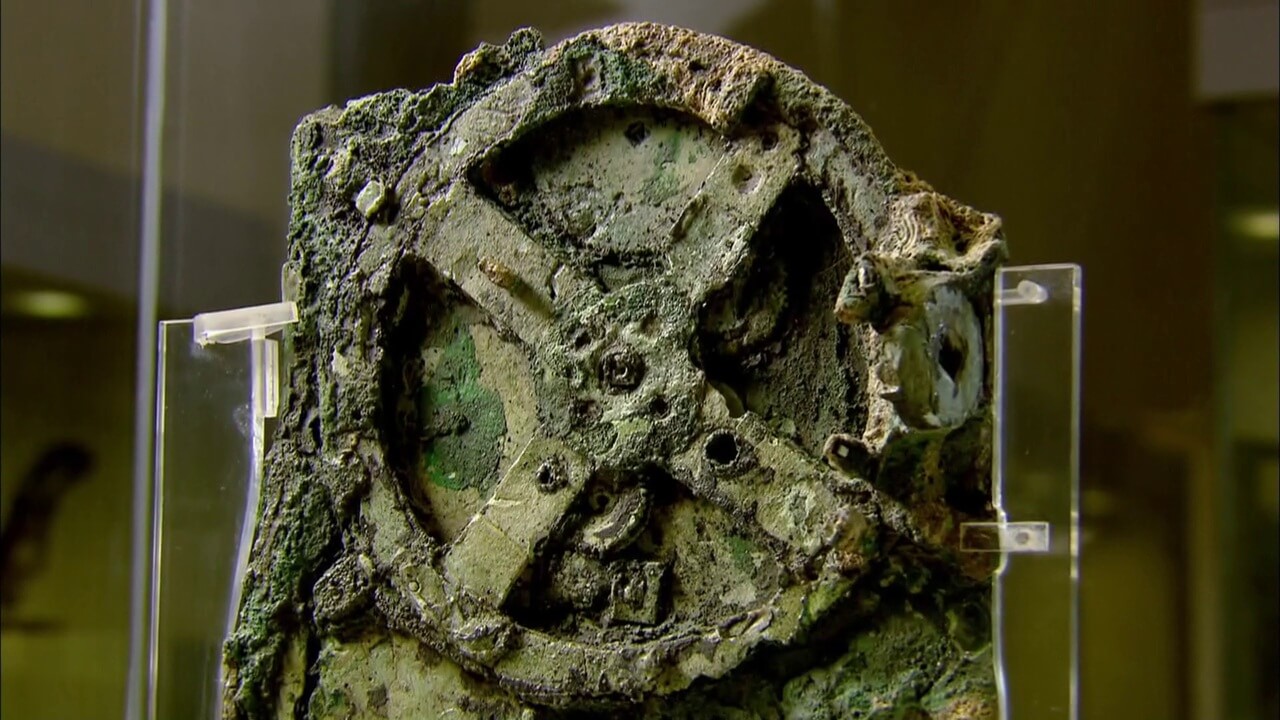
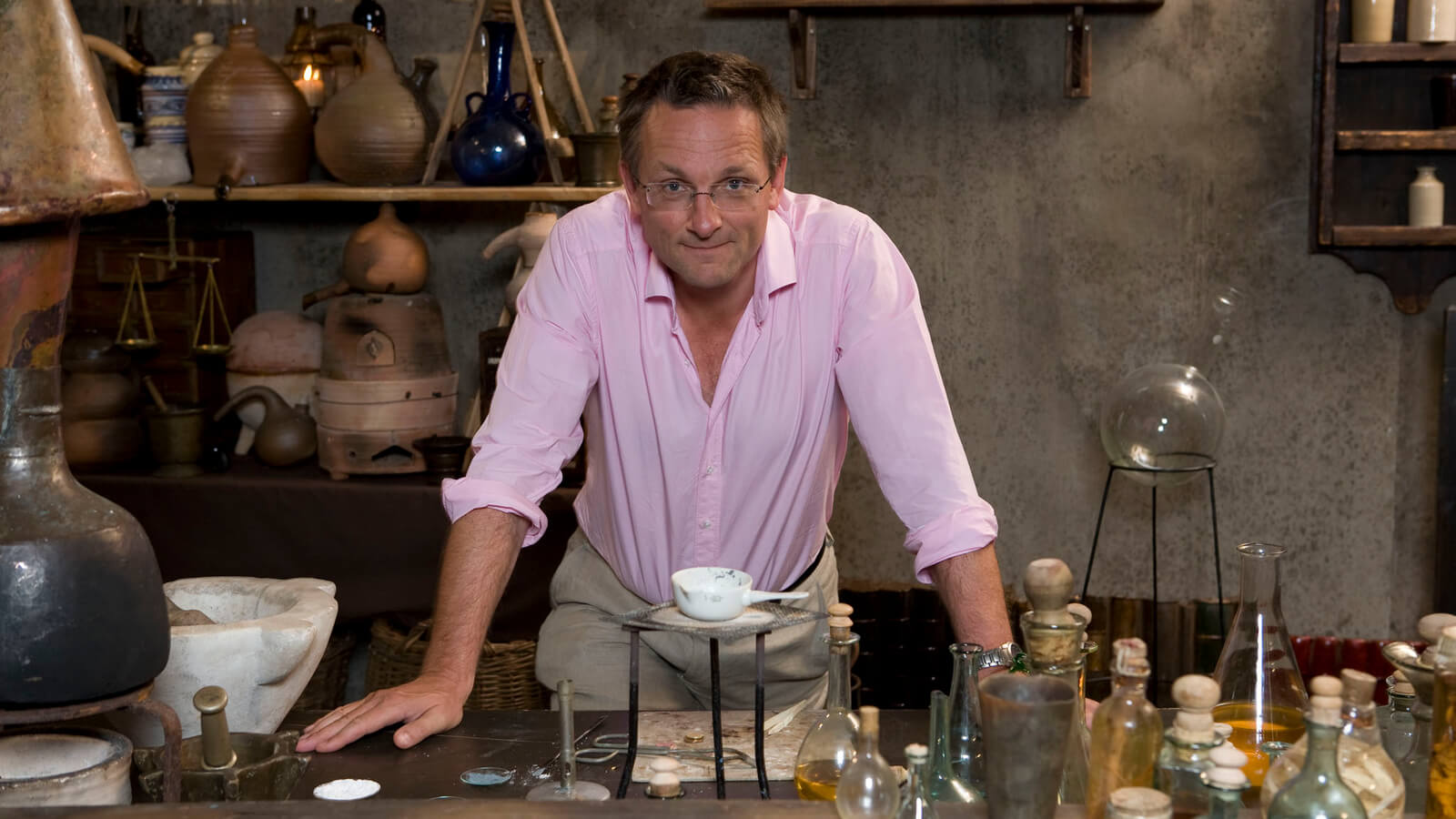
Isaac Newton: The Last Magician
FavoriteYEAR: 2013 | LENGTH: 1 part (60 minutes) | SOURCE: BBC
description:
Recluse. Obsessive. Heretic. Isaac Newton is now considered to be the greatest genius of all-time, a great rationalist who laid the foundations for many of the scientific and mathematical breakthroughs that shape the modern world.
But this 60-minute biography, part of the BBC’s Genius Of Invention season, reveals a much more complex figure by interviewing experts and delving into his own writings and those of his contemporaries. Newton emerges as an often divisive figure, one who lived a largely solitary life. In the secrecy of his study and laboratory, we find that he also delved into heretical religion, alchemy and the occult.
Sir Isaac Newton transformed how we understand the universe. By the age of 21, he had rejected 2,000 years of scientific orthodoxy to develop his own insights through a relentless – and often dangerous – series of experiments. From his obsessions with light and gravity, to alchemy and biblical texts, Newton held no truth – or text – so sacred that it could not be questioned. His work put him at odds with fellow scientists and led to dark periods of isolation throughout his life.
But his genius could not be denied: he rose through the scientific ranks to become the President of the Royal Society and one of the most influential scientists in the world. His heretical religious views and his obsession with alchemy remained a closely guarded secret in his lifetime. After his death, his unpublished alchemical research and documents relating to his heretical views were buried to protect his reputation. They remained largely hidden until 1936 when they were purchased by the economist John Maynard Keynes. Keynes revealed that Newtown was a much more complex man than history had allowed. The programme concludes that Newton’s secret obsession with alchemy helped him to achieve some of his greatest scientific insights.
SIMILAR TITLES:
Newton’s Dark Secrets
Parallel Worlds, Parallel Lives
James May’s Things You Need to Know
The Story of Science: Power, Proof and Passion
Infinite Secrets of Archimedes
The Story of Maths
BBC - Science & Nature - Horizon - Archimedes' Secret
Archimedes' Secret - programme summary. A rescued parchment shows just how far Archimedes' mathematical knowledge extendedwww.bbc.co.uk

The Story of Maths
Favorite
YEAR: 2008 | LENGTH: 4 parts (60 minutes each) | SOURCE: BBC
description:
Series about the history of mathematics.
episodes:
01. The Language of the Universe
After showing how fundamental mathematics is to our lives, Marcus du Sautoy explores the mathematics of ancient Egypt, Mesopotamia and Greece.
In Egypt, he uncovers use of a decimal system based on ten fingers of the hand, while in former Mesopotamia he discovers that the way we tell the time today is based on the Babylonian Base 60 number system.
In Greece, he looks at the contributions of some of the giants of mathematics including Plato, Euclid, Archimedes and Pythagoras, who is credited with beginning the transformation of mathematics from a tool for counting into the analytical subject we know today.
02. The Genius of the East
When ancient Greece fell into decline, mathematical progress stagnated as Europe entered the Dark Ages, but in the East mathematics reached new heights.
Du Sautoy visits China and explores how maths helped build imperial China and was at the heart of such amazing feats of engineering as the Great Wall.
In India, he discovers how the symbol for the number zero was invented and Indian mathematicians’ understanding of the new concepts of infinity and negative numbers.
In the Middle East, he looks at the invention of the new language of algebra and the spread of Eastern knowledge to the West through mathematicians such as Leonardo Fibonacci, creator of the Fibonacci Sequence.
03. The Frontiers of Space
By the 17th century, Europe had taken over from the Middle East as the world’s powerhouse of mathematical ideas. Great strides had been made in understanding the geometry of objects fixed in time and space. The race was now on to discover the mathematics to describe objects in motion.
Marcus explores the work of René Descartes and Pierre Fermat, whose famous Last Theorem would puzzle mathematicians for more than 350 years. He also examines Isaac Newton’s development of the calculus, and goes in search of Leonard Euler, the father of topology or ‘bendy geometry’, and Carl Friedrich Gauss who, at the age of 24, was responsible for inventing a new way of handling equations – modular arithmetic.
04. To Infinity and Beyond
Marcus du Sautoy concludes his investigation into the history of mathematics with a look at some of the great unsolved problems that confronted mathematicians in the 20th century.
After exploring Georg Cantor’s work on infinity and Henri Poincare’s work on chaos theory, he looks at how mathematics was itself thrown into chaos by the discoveries of Kurt Godel, who showed that the unknowable is an integral part of maths, and Paul Cohen, who established that there were several different sorts of mathematics in which conflicting answers to the same question were possible.
He concludes his journey by considering the great unsolved problems of mathematics today, including the Riemann Hypothesis, a conjecture about the distribution of prime numbers. A million-dollar prize and a place in the history books await anyone who can prove Riemann’s theorem.
SIMILAR TITLES:
